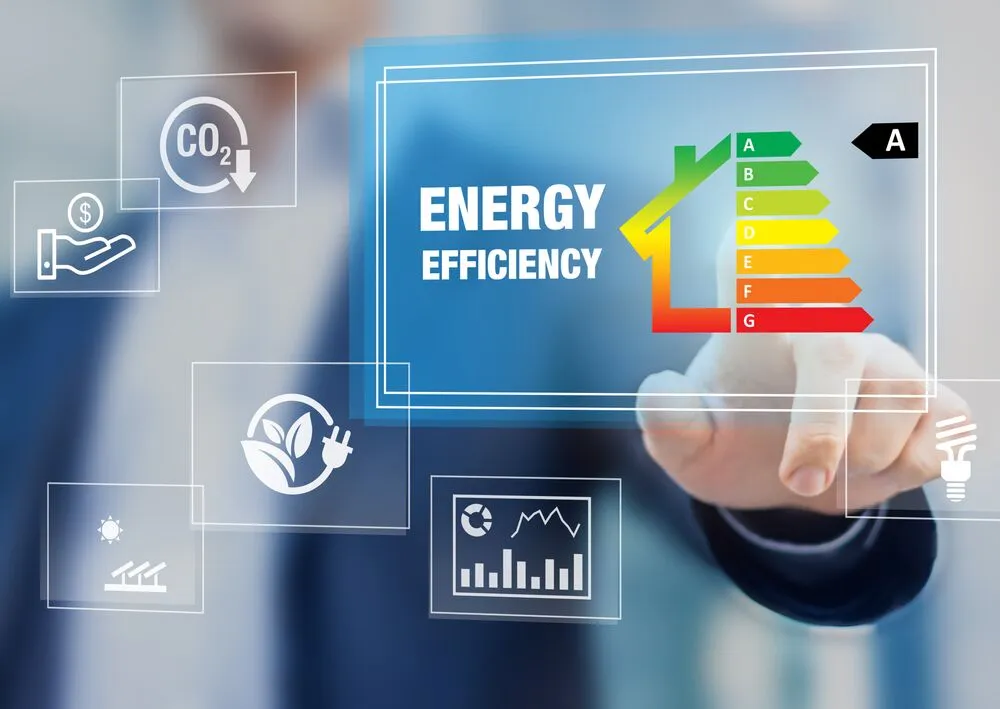IEC 63252 Energy Measurement Accuracy in Smart Appliances
The International Electrotechnical Commission (IEC) Standard IEC 63252 provides a framework for testing the energy measurement accuracy of smart appliances. This standard ensures that devices accurately report their power consumption, which is essential for both consumer protection and compliance with regulatory requirements.
Smart home technology has revolutionized household management by integrating various devices such as thermostats, lighting systems, and appliance controls into a single network. Proper energy measurement accuracy allows these devices to operate efficiently while ensuring that users receive accurate billing information from utility companies. This standard plays a crucial role in maintaining trust between consumers and providers of smart home technology.
To comply with IEC 63252, manufacturers must demonstrate that their products can measure and report energy consumption within specified tolerances under various operational conditions. Compliance involves rigorous testing to ensure that the device's energy measurement system adheres strictly to the standard’s requirements. This process typically includes setting up controlled environments where devices are subjected to realistic usage patterns.
The testing protocol outlined in IEC 63252 covers several key areas, including but not limited to:
- Measurement accuracy under steady-state conditions
- Measurement accuracy during start-up and shut-down processes
- Effect of environmental factors such as temperature fluctuations
- Influence of supply voltage variations on measurement results
Compliance with IEC 63252 not only enhances consumer confidence but also supports broader sustainability goals by promoting efficient use of resources. By accurately measuring energy consumption, smart appliances contribute to reducing overall household carbon footprints and helping users manage their electricity bills more effectively.
Applied Standards
| Standard | Description |
|---|---|
| IEC 63252 | This standard specifies the requirements and test procedures for the energy measurement accuracy of smart appliances. It ensures that devices provide accurate readings under various operating conditions. |
| ISO/IEC 17025 | Laboratories accredited to this standard demonstrate technical competence in performing tests and calibration services. |
Customer Impact and Satisfaction
Compliance with IEC 63252 significantly impacts customer satisfaction by ensuring that smart appliances deliver reliable energy measurement. This accuracy is vital for both consumers and businesses, as it fosters trust in the technology and helps them make informed decisions about their energy usage.
For quality managers and compliance officers, adherence to this standard ensures that products meet regulatory requirements, thereby reducing legal risks associated with non-compliance. R&D engineers benefit from rigorous testing protocols provided by IEC 63252, which allows for continuous improvement in product design and functionality.
Incorporating these tests into the manufacturing process helps procurement teams select suppliers who prioritize energy efficiency and accuracy, ultimately leading to cost savings through optimized resource utilization. Overall, compliance with this standard enhances brand reputation by demonstrating a commitment to delivering high-quality, reliable products.
Environmental and Sustainability Contributions
- Reduces waste: Accurate energy measurement helps users identify areas for improvement in their energy consumption habits, leading to reduced electricity usage and lower carbon emissions.
- Promotes recycling: By accurately measuring how much power each appliance consumes, manufacturers can design more efficient devices that have longer lifespans, encouraging recycling practices at the end of product life cycles.
- Supports renewable energy integration: Smart appliances equipped with precise energy meters enable better tracking and management of renewable resources like solar power or wind power within homes.
- Fosters sustainable behaviors: Users who understand their true energy consumption patterns are more likely to adopt environmentally friendly practices, such as turning off unused devices or adjusting thermostats appropriately.





